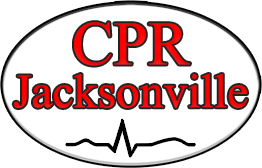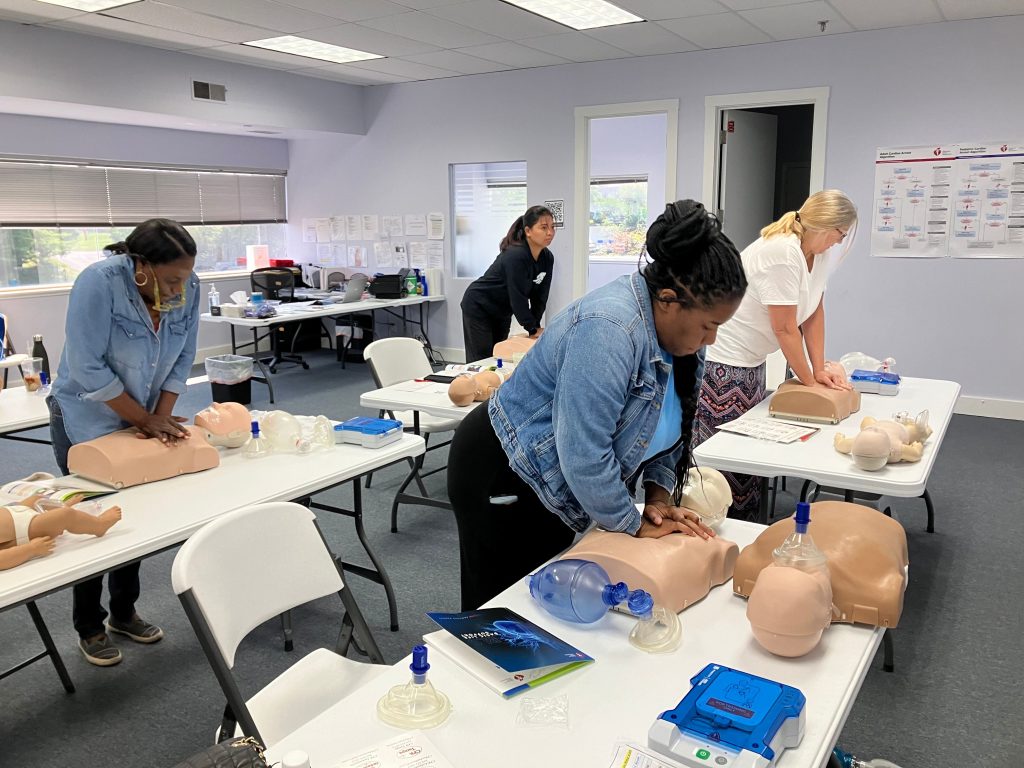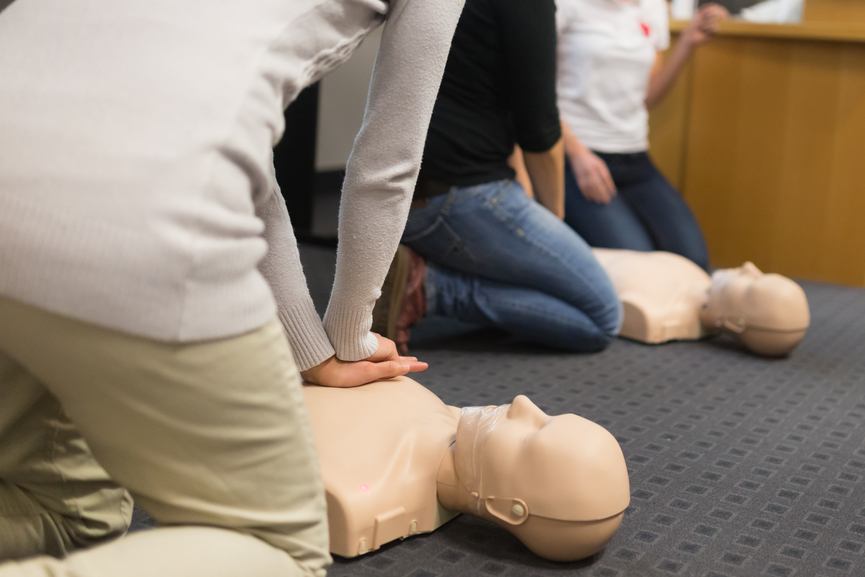Cardiopulmonary Resuscitation (CPR) certification is more than just a piece of paper; it’s a skill that can save lives. In critical moments, knowing how to perform CPR correctly can make all the difference between life and death. Whether you’re a healthcare professional, a teacher, a parent, or simply a concerned citizen, having the right CPR certification is essential. But with various options available, how do you choose the best CPR certification for your needs?
In this comprehensive guide, we will walk you through the process of selecting the ideal CPR certification. We will delve into the types of CPR certifications available, the factors to consider when making your choice and provide insights into some of the top CPR certification options. So, let’s get started by addressing the fundamental question: Which CPR certification is the best?
Before we dive into the specifics of choosing the best CPR certification, let’s first understand what CPR certification is and why it matters. CPR certification is a formal recognition that an individual has successfully completed a training program in cardiopulmonary resuscitation. This training equips you with the knowledge and skills needed to perform CPR in emergencies, such as cardiac arrest or choking incidents.
The significance of CPR certification cannot be overstated. It empowers individuals to respond effectively when someone’s life is at risk. By administering CPR correctly, you can maintain blood flow to vital organs, increasing the chances of survival until professional help arrives. It’s not just a certification; it’s a valuable tool for saving lives.
Factors to Consider in Choosing the Best CPR Certification
1. Accreditation and Recognition
One of the first factors to consider when choosing the best CPR certification is accreditation and recognition. Look for certifications that are endorsed and acknowledged by authoritative organizations in the field of emergency medicine and resuscitation. Certification programs accredited by organizations like the American Heart Association (AHA) or the American Red Cross are widely recognized and trusted.
2. Course Content and Depth
The depth of training provided in different CPR certification programs can vary significantly. Some certifications offer comprehensive courses that cover a wide range of topics, including adult, child, and infant CPR, while others may focus on specific age groups or scenarios. It’s essential to choose a certification program that matches your needs and goals.
3. Instructors’ Qualifications
The qualifications and experience of the instructors leading the CPR certification courses are crucial. Certified and experienced instructors can provide valuable insights, real-world scenarios, and practical tips that enhance your CPR skills. Look for programs that have top CPR trainers who are experts in the field.
4. Cost and Accessibility
The cost of CPR certification can vary, so it’s essential to consider your budget when making a choice. Additionally, think about accessibility. Are the courses available locally, or will you need to travel a considerable distance to attend classes? Online CPR certification courses can also offer flexibility and affordability.
5. Renewal and Recertification
CPR guidelines and techniques can change over time, so it’s crucial to keep your certification up to date. Check whether the certification program offers a straightforward renewal process and what is involved in recertification. Being up-to-date ensures that your CPR skills remain effective and aligned with current best practices.
6. Testimonials and User Experiences
As you narrow down your choices, it can be helpful to hear from individuals who have undergone different CPR certification programs. Real-life experiences and testimonials offer valuable insights into what to expect from a specific certification. Look for reviews and user-generated content that discusses the best CPR certification options.
Top CPR Certification Options
Now that we’ve explored the essential factors to consider, let’s take a closer look at some of the top CPR certification options available:
American Heart Association (AHA) CPR Certification:
The American Heart Association is a well-respected organization in the field of resuscitation training. They offer a range of CPR certification programs catering to various audiences, including healthcare professionals, teachers, and the general public. AHA certifications are widely recognized and trusted, making them an excellent choice for those seeking the best CPR certification.
Red Cross CPR Certification:
The American Red Cross is another reputable provider of CPR certification programs. They offer a variety of CPR courses, including Basic Life Support (BLS), CPR/AED for Professional Rescuers and Healthcare Providers, and CPR/AED for Lay Rescuers. Red Cross certifications are known for their quality and practicality.
In conclusion, choosing the best CPR certification involves careful consideration of factors such as accreditation, course content, instructors’ qualifications, cost, accessibility, and renewal options. It’s also essential to explore reputable providers like the American Heart Association (AHA) and the American Red Cross, both of which offer high-quality CPR certification programs.
Ultimately, the best CPR certification for you will depend on your specific needs and circumstances. Whether you’re seeking certification for professional purposes or to be better prepared for emergencies in your daily life, making an informed decision is crucial. By investing in the right CPR certification, you’re not only gaining a valuable skill but also contributing to the safety and well-being of your community. So, take your time, do your research, and choose the CPR certification that best aligns with your goals and priorities. In the end, your decision could make a life-saving difference when it matters most.



